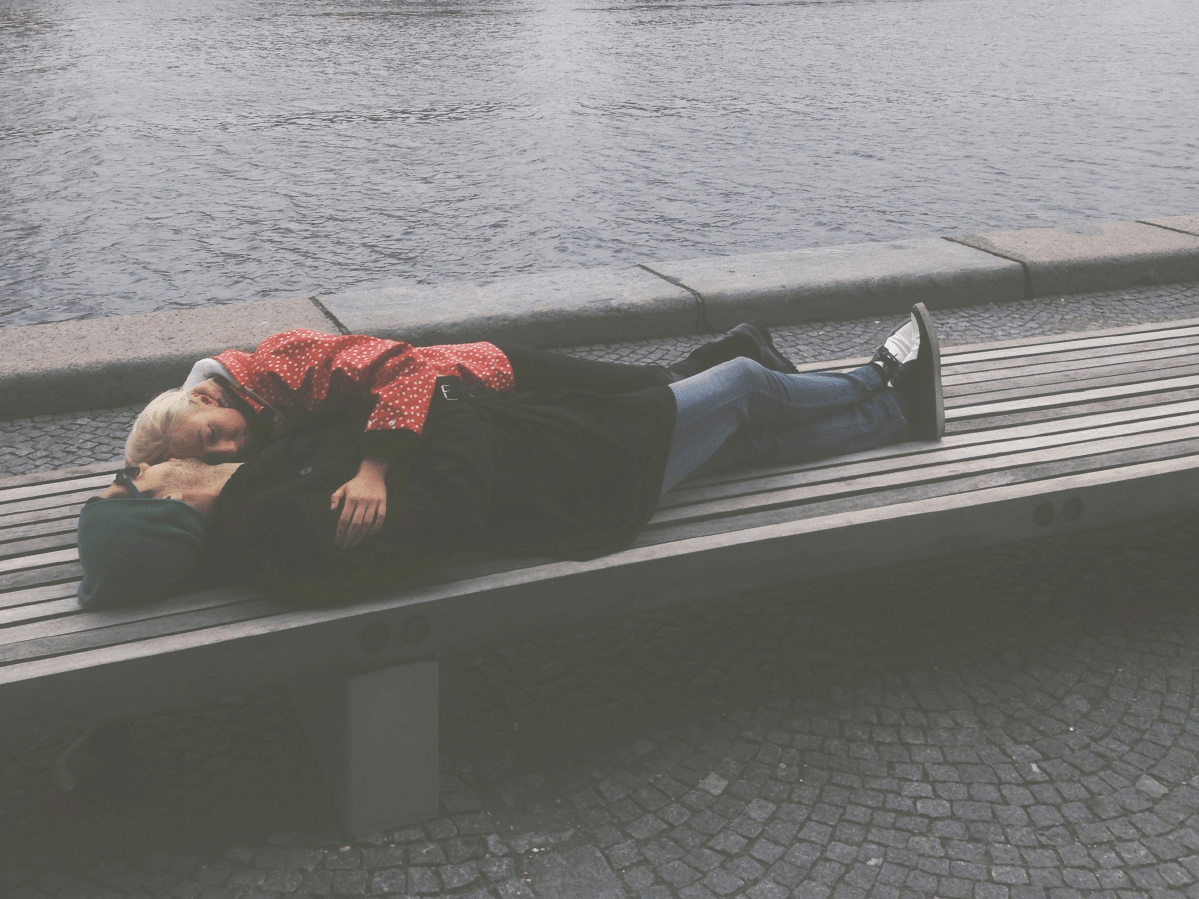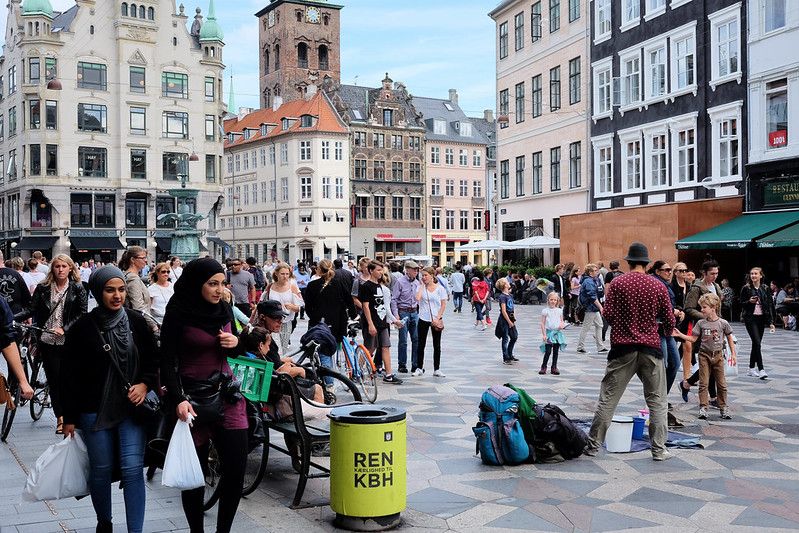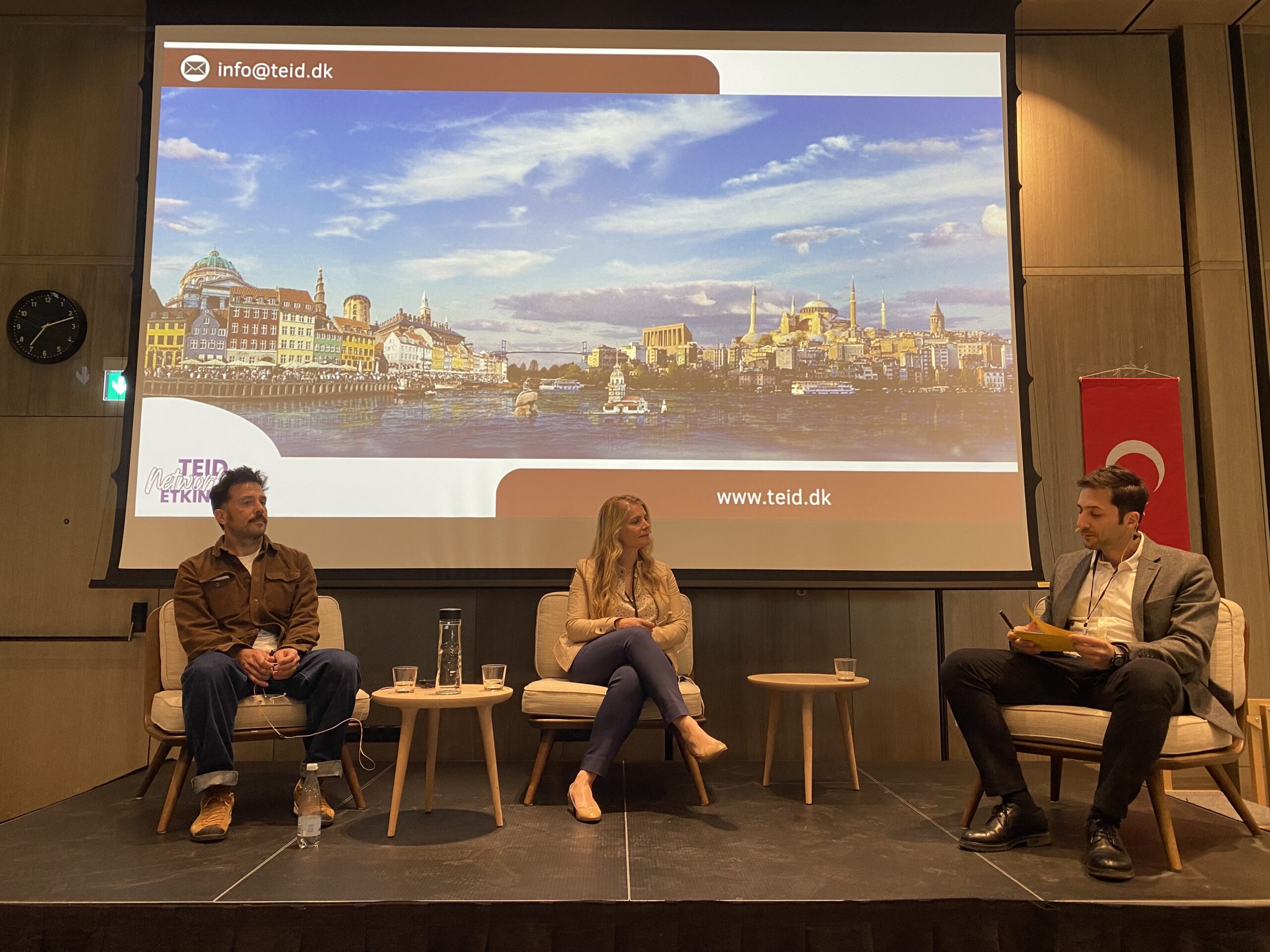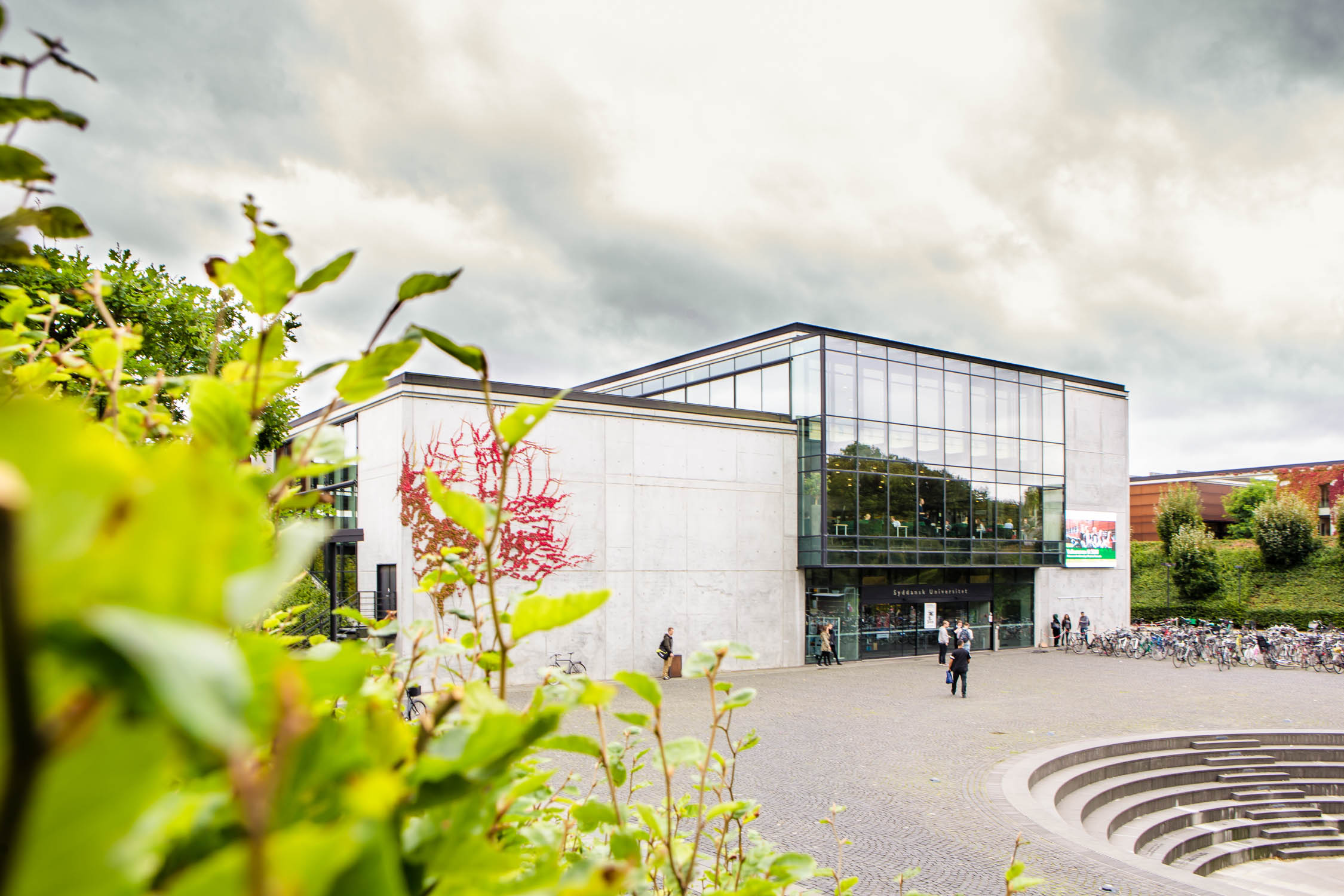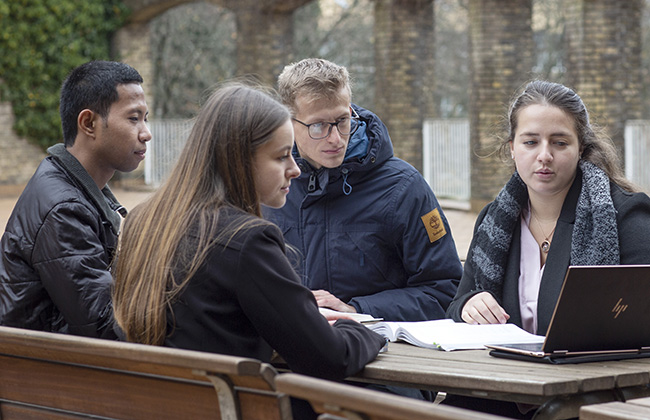The morning of 14 February 2015 was like any other Valentine’s Day in Copenhagen that falls upon the weekend.
Lovers everywhere woke up lazily to cards, gifts and kisses as romantic gestures thawed the frosty temperatures outside.
It was a city in the mood for romance. The only red it was anticipating was the colour of the roses and maybe some wine.
That afternoon, 22-year-old Omar El-Hussein would begin a shooting spree that would last for 13 and a half hours and leave three people dead and five people injured.
This coming Sunday, Denmark will commemorate this sad anniversary. With a year to reflect, what has been learnt, and what – if anything – has changed
Feeling safer
In the first edition of the Copenhagen Post Weekly following the shootings, our headline stated: “Shaken, but not stirred”.
It reflected a mood of resilience among the population in the face of terror: that one man’s actions or another’s ideology was not going to change Denmark overnight.
And this is reflected amongst the general population, as they actually feel safer today than they did before the attacks.
In December, the National Police’s annual survey of perceived security in the community revealed that Danes feel more secure where they live than they did in 2014.
Some 89.3 percent of citizens responded they felt safe, which was 2.5 percent more than in 2014.
The number of marginalised and troubled neighbourhoods in Denmark fell last year from 31 to 25 compared to 2014, which is the lowest number since the list was first compiled in 2010. And even in these areas most people felt safer compared to 2014.
DF more popular
However, most political commentators concur that the terror attacks further polarised Danish society and largely shaped the political debate ahead of the general election in June, which saw the populist right-wing party Dansk Folkeparti make the biggest gains.
DF, known for its strong anti-immigration rhetoric, celebrated its 20th anniversary in 2015 and continues to grow in popularity, particularly among the young generation.
It is currently Denmark’s third largest political party measured by the size of its membership base, counting over 14,000 (only Venstre and Socialdemokraterne have more).
Big brother state
In June, DF cited the terror attacks in its call for increased video surveillance in Denmark’s four largest cities, including the use of facial recognition software to assist in catching criminals and a central registry for the country’s 500,000 private security cameras.
Jesper Lund, the president of the IT-Political Association, called the idea “an escalation of monitoring and invasion of privacy”.
Earlier this month, Copenhagen Police cited the terror attacks as it launched a one-year pilot program asking owners of private security cameras to register their location and provide contact details in case the authorities should need to access the surveillance material.
If the initiative proves useful, the National Police would like to see it expanded nationwide.
Little opposition
Meanwhile, the Justice Ministry has approved a controversial bill that allows police to survey up to 600,000 vehicle registration plates a day using a camera system. They will be permitted to store all scanned licence plates for up to 24 hours, but in special cases for up to 30 days.
There is little opposition to the changes. In 2011, a survey carried out by PET showed that a majority of Danes backed CCTV as a way to improve safety and security.
Some 68 percent of respondents said they believed visible security measures, such as CCTV, would make them feel safer in public.
Youth radicalisation
Islamic radicalisation has become a growing concern to the authorities since the terror attacks, with more cases of radicalised youth and prisoners reported to PET.
The Danish municipalities admitted they did not have any anti-radicalisation programs for vulnerable youth in place and lacked experts.
Meanwhile, the Justice Ministry reported one fifth of jihadists who travel from Denmark to fight on behalf of Islamic State in Syria or Iraq have been to prison.
Already prior to the shootings, Parliament earmarked nearly 60 million kroner for new anti-radicalisation projects, including ‘exit’ support for former jihadists, a hotline for people worried their friends or family members may be radicalised, and anti-radicalisation funding for prisons.
New terror package
After the attacks, the Danish government, led by the former prime minister, Helle Thorning-Schmidt, unveiled a 1 billion kroner terror package to step up police and intelligence services.
Critics of the package, which featured 12 specific initiatives to better defend Denmark against terrorism, said it gives intelligence services the right to monitor Danes suspected of taking part in overseas conflicts without a court order.
Nicolai Wammen, the former defence minister, justified the proposal because he believed it would make the military intelligence agency, FE, more responsive to threats, but Hans Jørgen Bonnichsen, the former head of PET, described the proposal as “a flagrant breach of the hallmark of Danish jurisprudence”.
Since March, the authorities have had the right to revoke passports of people they suspect of travelling to Iraq or Syria to fight in the war.
Following the shootings, the Centre for Terror Analysis issued a statement saying “radicalised individuals with capacity to commit acts of violence, acquired in a conflict zone or in Denmark, increase the threat of simple attacks with higher impact and of serial attacks”.
Following the Paris terror attacks there was a broad consensus that more policing ressources are needed, and in November, the government agreed with S, DF, LA, and Konservative to allocate 1.9 billion kroner over the next four years to strengthening the law enforcement services.
Life continues
Despite the terror attacks, tourists continued to flock to Denmark in 2015 and figures from the tourist organisation Visit Copenhagen showed a 6 percent increase in overnight stays in Denmark in the period from January to November.
Denmark also remained one of the most peaceful nations in the world to live in, ranking second behind Iceland in the 2015 Global Peace Index.
And Jewish-Muslim relations are improving. The Jewish Society in Denmark and a number of Muslim associations have also claimed to have improved their mutual co-operation, focusing on the prevention of violent extremism and working together on preserving their common interests such as boy circumcision and the ritual slaughter of animals.

